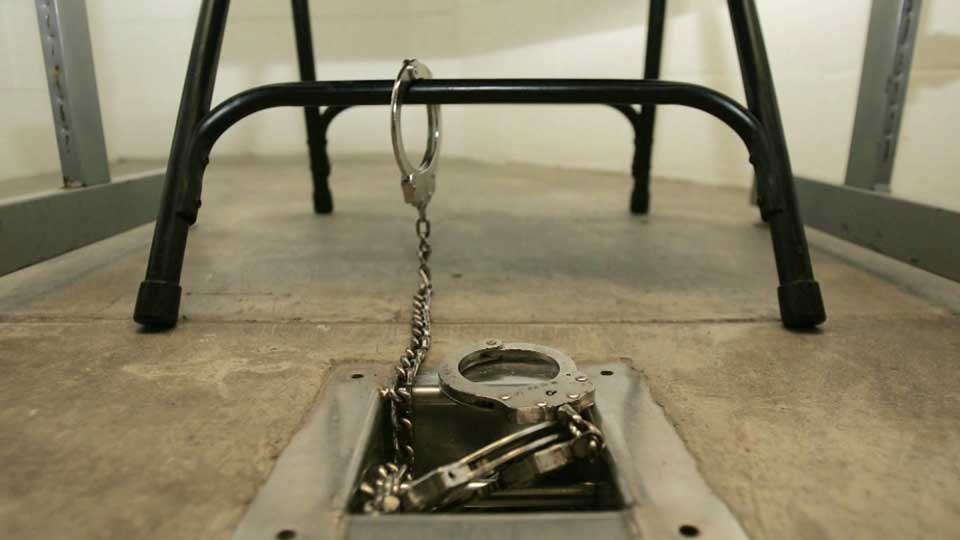New rules introduced in September aimed at limiting the use of torture-tainted information by Canadian law enforcement and spies expanded Thursday to include the military, the foreign service, and the country’s foreign signals intelligence agency.

Public Safety Minister Ralph Goodale issued a ministerial directive in September to the RCMP, the CBSA and CSIS that limited but did not forbid the use of information likely derived from torture.
That directive allowed for the use of torture-tainted information in certain cases such as when officials believe it could stop a terrorist attack but banned the three agencies from asking for information or sharing information with foreign police or intelligence services if doing so could create a “substantial risk” of an individual being tortured.
Now, Defence Miniser Harjit Sajjan and Foreign Affairs Minister Chrystia Freeland are issuing virtually identical ministerial directives to the agencies and departments under their purview.
In the case of Sajjan, that means the Department of National Defence, the Canadian Armed Forces and the Communications Security Establishment.
The directive from Freeland applies to Global Affairs Canada.
- Life in the forest: How Stanley Park’s longest resident survived a changing landscape
- ‘Love at first sight’: Snow leopard at Toronto Zoo pregnant for 1st time
- Buzz kill? Gen Z less interested in coffee than older Canadians, survey shows
- Carbon rebate labelling in bank deposits fuelling confusion, minister says
The new directives contain largely identical language to the September directive issued by Goodale and differ only in stating who at each department or agency is responsible for signing off on cases where using information obtained from torture could be warranted.
In the case of the directive to the Canadian Armed Forces and the Department of National Defence, that decision will rest with the chief of defence staff and the deputy minister, while with Global Affairs Canada, it rests with the deputy minister, and for CSE, it rests with the chief of the agency.
Officials speaking on background with reporters Thursday morning said the decision to issue these new directives three months after the directive issued in September did not indicate reluctance by the departments or agencies involved.
The directives also reiterate that the ministers responsible for the departments must co-operate where possible with the newly-created National Security and Intelligence Committee of Parliamentarians, which was created through the legislation C-22 in June and establishes a committee made up of MPs and senators that reports to the Prime Minister’s Office and can conduct specialized investigations into particular areas of interest around national security activities.
Under the former Conservative government, departments and agencies could share information with foreign countries even in cases where that would likely lead to torture.
Critics had called on the Liberal government to change those directives and ban the use of information derived from or that contribute to torture, and the NDP said in September that the directive issued by Goodale did not go far enough in preventing the use of such information.




Comments